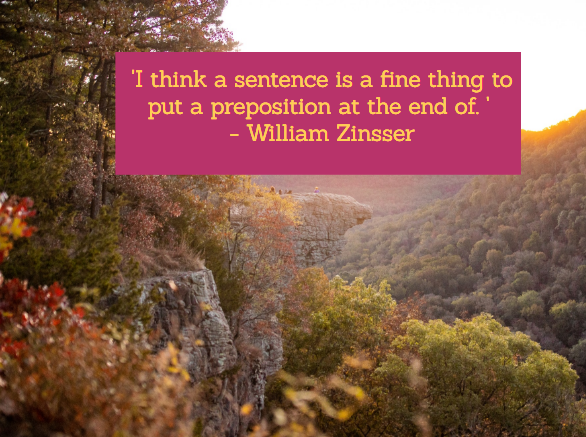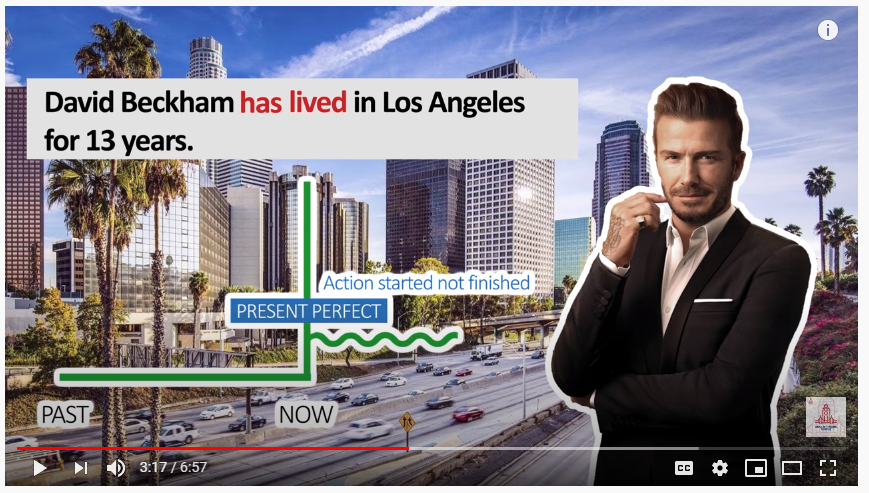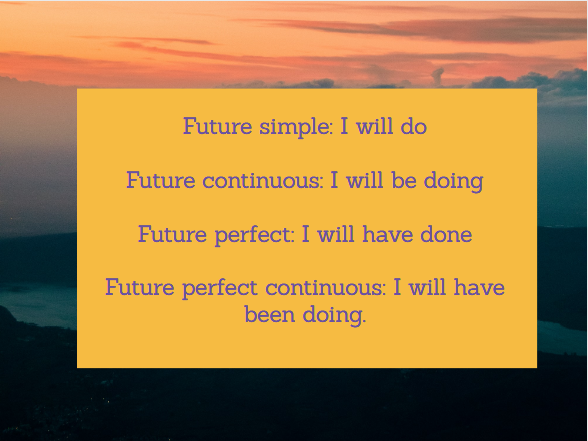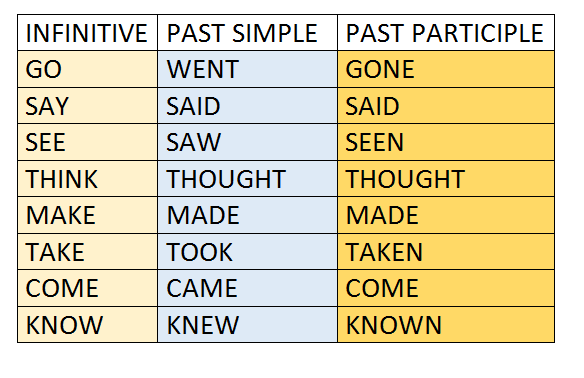Matheus Hello! My name is Matheus Lima, I’m a Brazilian ESL teacher and I have been working both as a translator and a teacher for over five years now. I have taught both in Brazil and internationally (Turkey), and nothing brings me greater joy than being able to share knowledge and learn from and […]
Importance of Reading Newspapers for Students
Reading newspapers is important for students learning a foreign language including English. In this article we will look at some of the benefits. 1. Expanding vocabulary. When you read a newspaper article you will inevitably see new words and phrases e.g. phrasal verbs that you may not understand. This is good because after seeing […]

Sentences with whose
Sentences with whose ‘Whose’ is used to indicate that something belongs to someone. It is different to ‘who’s’. ‘Who’s’ is two words joined together. ‘Who’ + ‘is’ to make ‘Who’s’. We use it to talk about the person doing an action. Here is a list of 25 sentences with whose. Whose pen is this? Whose […]

Ending a sentence with a preposition?
Ending a sentence with a preposition. Many people have been taught that it is grammatically wrong to end a sentence with a preposition. This is actually incorrect. In this article we will provide examples. Some times you must end the sentence with a preposition. Who did you go with? Why did you do that for? […]

The present perfect in English
In this article we will talk about the present perfect. Form The form of the present perfect is we put Subject + past participle. I have done We have done You have done He has done She has done It has done They have done. Remember for he, she and it we use “has” not […]
List of prepositions.
List of prepositions Here is a list of some of the most common prepositions in English. What is a ‘preposition’? A preposition is often about direction and location. Examples of prepositions are words like ‘to’, ‘in’, ‘on’, ‘for’ and so on. A preposition comes before a noun and shows how something is related to that […]

50 questions with who
50 questions with who. The word ‘who’ can either be a question word or it can be a relative pronoun. A relative pronoun is used when we want to describe someone or identify someone. Here are 50 questions with who. Who are you? Who is your teacher? Who is your best friend? Who are your […]

What is the difference between live and lives?
What is the difference between live and lives? The word live can be a verb or an adjective. Live as a verb 1. As a verb it means that someone is not dead but has life e.g. ‘I do not want to die but to live happily’. 2. It can also mean to be […]

The future tenses in English, with examples.
The future tenses in English. There are 4 main future tenses in the English language. They are: future simple: I will do future continuous: I will be doing. future perfect: I will have done. future perfect continuous: I will have been doing. In addition to these there is also: Present continuous used for the […]

What are irregular verbs with examples.
What are verbs? Verbs are words that tell us what people do. They are usually actions. So for example: Peter teaches in a school, his sister Ana cooks food in a restaurant.The words ‘teaches’ and ‘cooks’ are verbs, because they tells us what these two people are doing. REGULAR VERBS Regular verbs are verbs which end in […]
